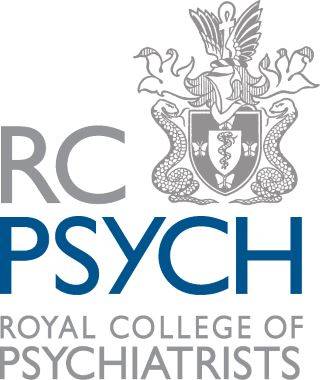This multi-method research project investigated the career choices of trainees in the Royal College of Psychiatry’s Training Programme.
About the project
This project was commissioned by Royal College of Psychiatry and Health Education England.
Each year the Royal College of Psychiatry’s (RCPsych) training programme struggles to produce sufficient numbers of fully trained psychiatrists to fill the vacant consultant posts in the UK. As a result, psychiatric units may be understaffed, which can put substantial pressure on remaining staff, and potentially negatively impact both their wellbeing and the care of their patients.
This mixed method study was conducted in 2019 and combined the following data sources to understand psychiatry trainees’ career choices:
- two secondary data sources (the List of Registered Medical Practitioners (LRMP) and the UK Medical Education Database (UKMED));
- qualitative and quantitative data from an empirical online survey;
- semi-structured interviews.
Key findings
Trainees’ progression through training:
- Psychiatry trainees overwhelmingly did not progress directly through training within six years (six years is the expected time to complete training). On average 14.7% of trainees completed their training without delays (meaning they completed training in six years). The largest ‘break’ in progression was between core (years 1-3) and specialty training (years 3-6).
- Progression differed between groups of trainees (direct progression for UK graduates (UKGs): 18.4% vs non-UKGs: 6.5%; males: 17.8% vs females: 12.8%). These differences suggest that different groups are faced with unique challenges during training and that these group-specific challenges may cause them to progress through training differently.
Trainees’ experiences during training:
- Satisfaction with the training programme and supervision was generally high;
- Support from peers and seniors, and sense of belonging in psychiatry, was of key importance to support trainees through challenges in training;
- Positive expectations for the future were important to endure high service pressure and under-resourcing: role models were very influential in shaping these expectations;
- 23.9% of trainees were experiencing high or very high levels of burnout. The work demands and resources that trainees experience in their workplace have a significant impact on trainees’ wellbeing (i.e. their work engagement and burnout levels). Effective recovery from traumatic incidents or burnout was essential for trainees to be able to cope with the everyday stresses of training;
- 22% of trainees thought about leaving the profession. Strong self-identity as a psychiatrist was key in keeping trainees committed to the specialty and becoming a consultant;
- Being valued on a personal and professional level made a substantial positive difference to trainees – otherwise, training was perceived as treadmill-like and impersonal;
- Trainees desired training arrangements to both support their progression and work-life balance, including allowing time out and Less Than Full-Time hours;
- Those on longer breaks or working as Specialist and Associate Specialist Doctors are often keen to become consultants but require an adjustment to the standard programme, or more advice/support to return to training.
Links
You can find more information here:
 Close
Close




